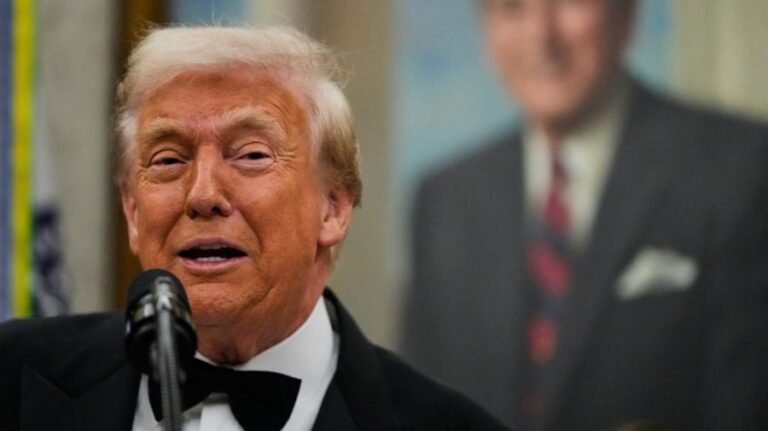
Leaders in Madrid urged NATO Secretary-General Mark Rutte to exempt them from a proposed defense spending goal set at 5 percent of gross domestic product (GDP) ahead of next week’s summit at The Hague.
“Committing to a 5% target would not only be unreasonable, but also counterproductive, as it would move Spain further away from optimal spending and would hinder the EU’s ongoing efforts to strengthen its security and defence ecosystem,” Prime Minister Pedro Sánchez wrote in a letter to Rutte, according to a copy reviewed by Reuters.
“It is the legitimate right of every government to decide whether or not they are willing to make those sacrifices. As a sovereign Ally, we choose not to,” he added.
Spain currently has the lowest military spending among member nations, devoting 1.3 percent of its GDP to defense spending last year, according to reports from Politico EU.
Member nations agreed to commit 2 percent of their GDP to defense spending in 2014, with the hope of ensuring NATO can sustain continued military readiness.
The Russia-Ukraine conflict has sparked concerns about the possibility of a wider war involving Europe amid President Vladimir Putin’s push to obtain more land. However, Spain said the Kremlin poses no current threat to its borders but did not oppose heightened security for other NATO member nations.
“Of course, it is not our intention to limit the spending ambitions of other allies or to obstruct the outcome of the upcoming summit,” Sanchez wrote in the letter.
Rutte has suggested that an increase in defense spending levels should ensure that 3.5 percent of GDP is allocated to military expenditures, while 1.5 percent is allocated for defense-related items, such as military mobility and cybersecurity, Politico EU reported.
However, Sanchez said the policy would force Spain to purchase off-the-shelf equipment instead of cultivating its own industrial base as recorded in his letter.
President Trump has encouraged Rutte’s push for growth, citing a mounting concern for the United States’ dominant support of the war in Ukraine, a non-member nation designated as a NATO partner country.
Although his administration signed a minerals agreement with the country to recoup the financial commitment seeped in weapons packages and the purchase of military equipment, the president has urged other nations to help back the Eastern European ally.
“I didn’t see Spain’s comments, I’ll make sure the president sees them and I can assure you he wants to see all European countries pay their fair share and meet that 5 percent threshold,” White House press secretary Karoline Leavitt said during Thursday’s press briefing.
“It’s only fair considering the American taxpayers have given a significant chunk of money to the tune of billions of dollars to support our mutual interests and our assured defense.”
The NATO summit is set to take place from June 24-25 and would require all 32 member nations to approve the increase in defense spending to solidify the objective.
“The NATO Summit is coming at a very precarious moment for the transatlantic relationship, marked by uncertainty about the US commitment to Europe, a relative stalemate in peace negotiations between Russia, and Ukraine and ongoing tensions over transatlantic trade,” Lauren Speranza, a fellow at the Center for European Progress said in a statement.
“As the first NATO summit of President Trump’s second term, I do think The meeting will offer us some insight into how the administration will approach the Alliance going forward, following some of the previous criticisms we’ve heard of NATO and calls for Europe to do more to take greater responsibility for its own defense.”


